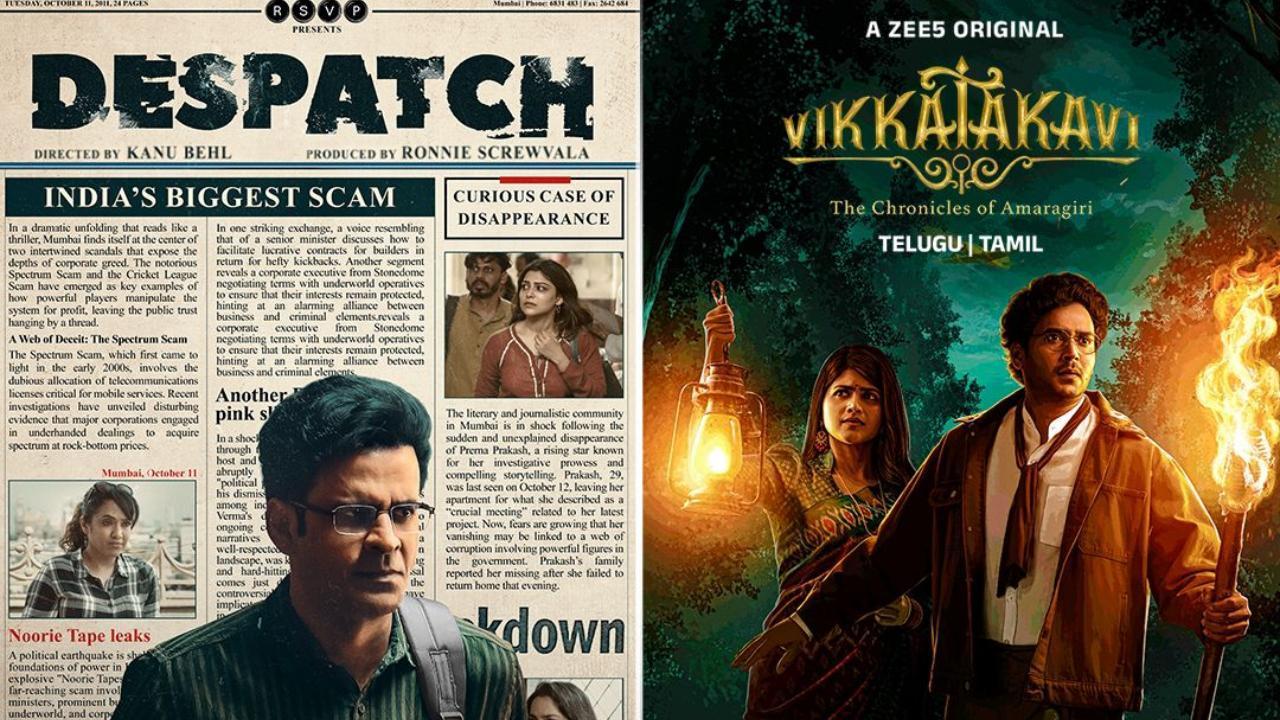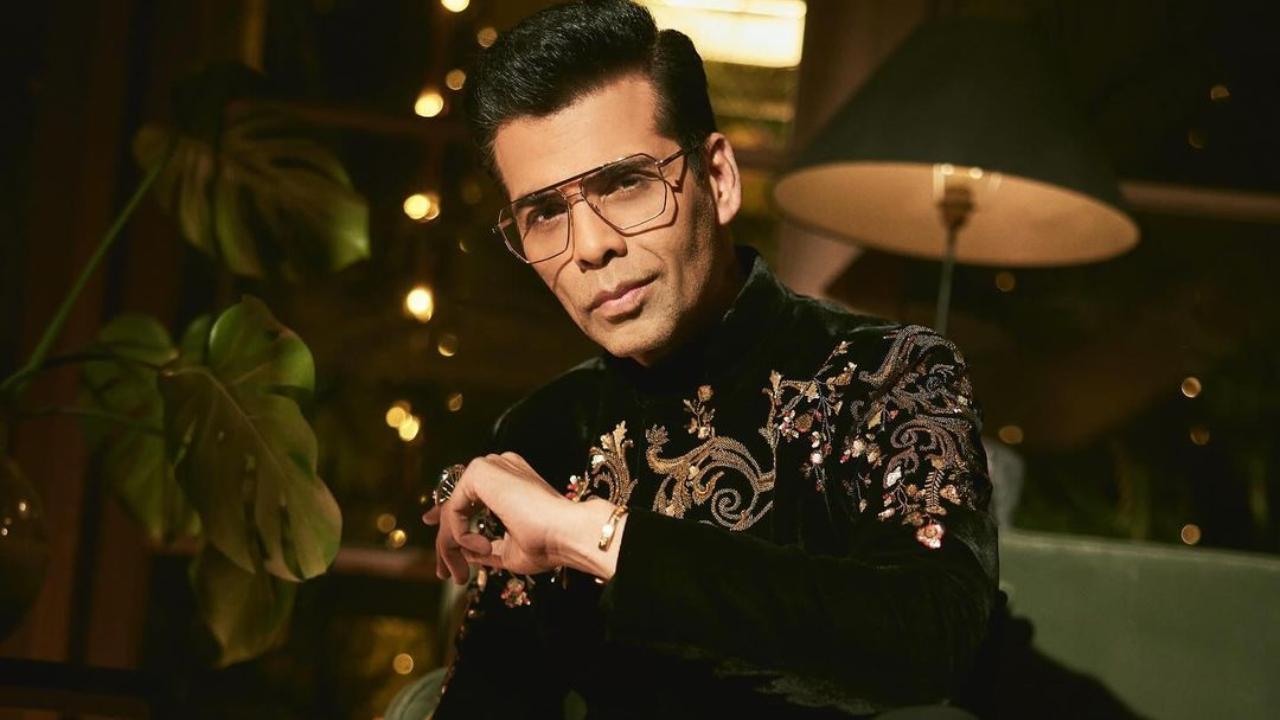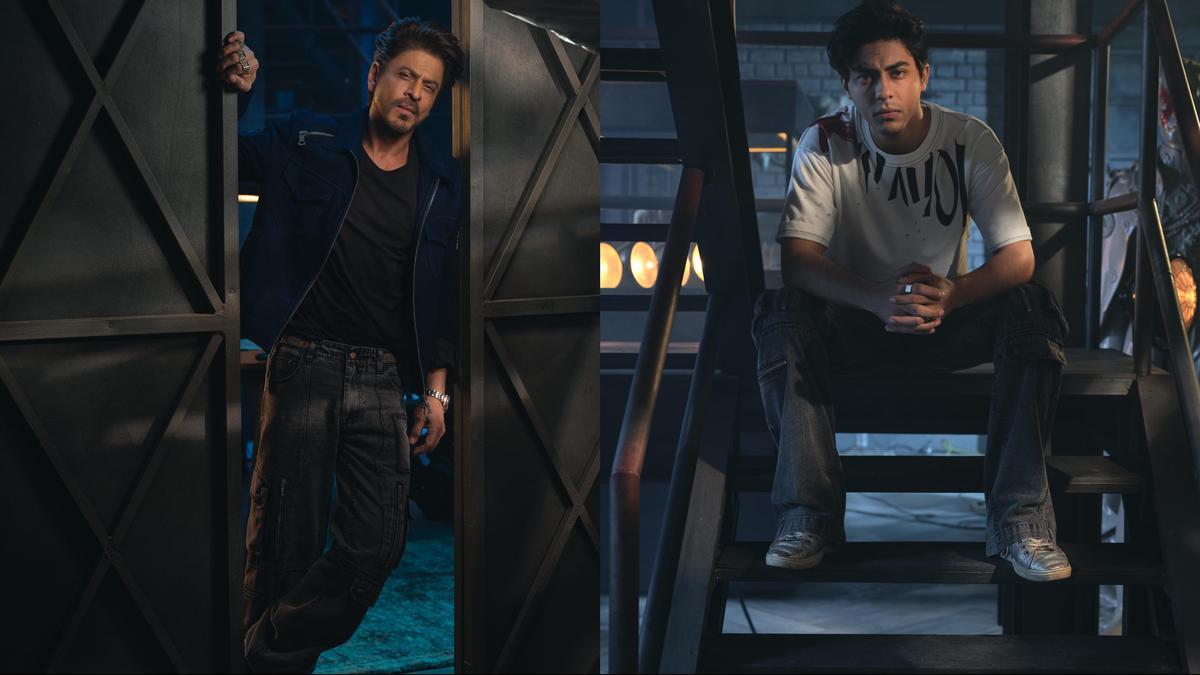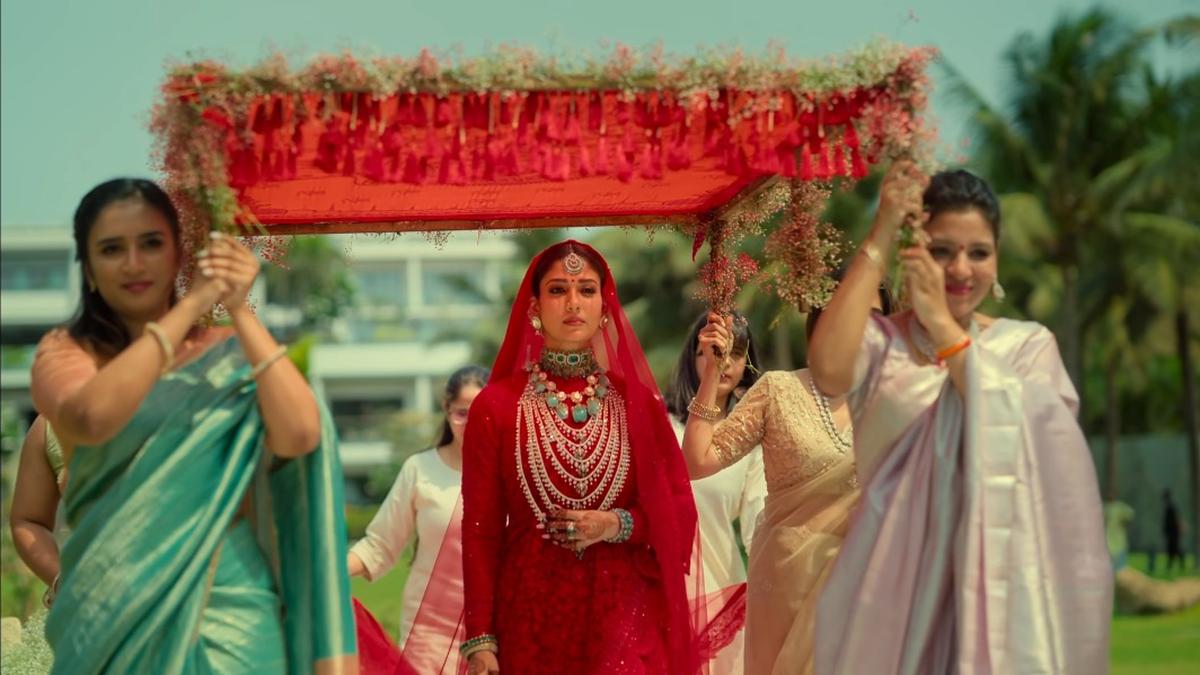
In recent weeks, Bollywood actor Arshad Warsi found himself embroiled in controversy following remarks he made about Prabhas’s character in the film ‘Kalki 2898 AD’. Warsi’s comments, which described Prabhas’s character as looking like a “joker,” did not sit well with fans of the South Indian superstar and ignited a significant backlash online. The situation has now prompted Warsi to clarify his earlier statements, emphasizing that his critique was directed at the character, not the actor himself.
At the prestigious IIFA Awards 2024, which took place recently, Arshad Warsi took the opportunity to set the record straight. Walking the green carpet, the actor commended Prabhas’s acting prowess, calling him a “brilliant actor.” Warsi expressed his regret that his comments had been misconstrued and stressed that his observations were solely about the cinematic portrayal, not a personal attack.
“Everybody has their own point of view and people like to interpret noise,” Warsi explained to PTI. “I spoke about the character, not the person. He is a brilliant actor and he has proved himself again and again, and we know about it. And, when we give a bad character to a good actor, it’s heartbreaking for the audience.”
Warsi continued to speak on the broader implications of industry dynamics and the need for unity within the Indian film sector. He voiced his happiness about how regional and language barriers are increasingly fading, allowing for more collaborative efforts in filmmaking. “The blurring of language barriers should have happened a long time ago. I feel enraged when someone uses terms like Bollywood or Tollywood. I have corrected many people many times, I told them this is the Indian film industry. We all are in it together,” he asserted.
Reflecting on the nature of competition within the industry, Warsi elaborated that his rivalry is not with different factions within the country but on a global scale. “My competition is with the rest of the world, it’s not with each other.
. Like when I direct a film one day, I’d like to cast everybody, no matter where they come from. Language is immaterial,” he stated.
Arshad Warsi’s initial comments came during an appearance on the “Unfiltered by Samdish” podcast. During the discussion, Warsi was prompted to name the last disappointing film he had watched, and he cited ‘Kalki 2898 AD’. While he praised Amitabh Bachchan’s performance in the sci-fi spectacle directed by Nag Ashwin, he expressed his discontent with the way Prabhas’s character was handled, likening it to that of a “joker.” This sparked a great deal of criticism from fans and various members of the Telugu film fraternity, including actors Nani and Sudheer Babu, as well as director Ajay Bhupathi.
In response to Warsi’s controversial remarks, director Nag Ashwin commented that Arshad could have “chosen his words better but it’s ok,” acknowledging the validity of the critique while suggesting a need for more sensitive phrasing.
The saga highlights the nuanced relationship between actors, their characters, and the audience’s perception, especially in an era where social media amplifies every comment and critique. Arshad Warsi’s clarification, combined with his praise for Prabhas’s overall career, echoes an industry-wide sentiment that individual talent and portrayal should be distinguished from the storyline or characterization decided by filmmakers.
Discussing the unifying power of cinema, Warsi reflected on the ideal future of the Indian film industry. He expressed a vision of inclusivity, hoping for a continued breakdown of linguistic and regional boundaries. “Language is immaterial. What matters is the art we create together,” he said, driving home a message of solidarity and common purpose.
The debate surrounding ‘Kalki 2898 AD’ and Arshad Warsi’s comments serves as a reminder of the power of words and the importance of considering the broader context when making public statements. It also underlines the collective aspiration within the Indian film industry to move toward a more inclusive and united front, focused on global competition rather than internal divisions.
As Warsi prepares for his future endeavors, perhaps even stepping into the director’s role he hinted at, he hopes to contribute to a body of work that respects and celebrates talent, regardless of its origin. In the meantime, the actor’s efforts to clarify his stance reflect an earnest attempt to bridge any rifts and celebrate the diverse talents that make up India’s rich cinematic tapestry.










